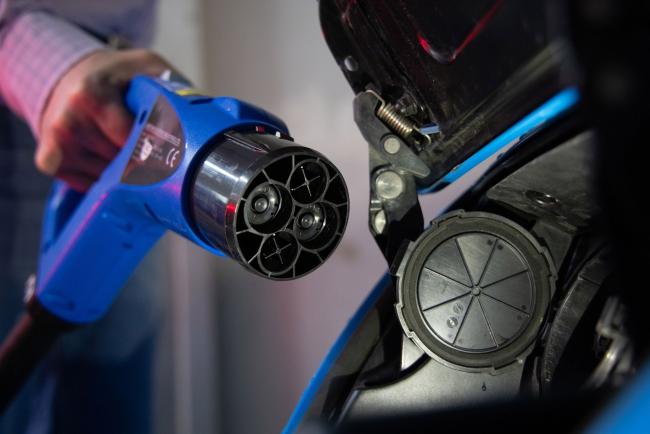Investing.com’s stocks of the week
(Bloomberg) -- The US and European Union committed to resolving differences over the American Inflation Reduction Act, which the EU says provides unfair subsidies to US manufacturers and threatens to undermine the transatlantic relationship.
EU and US officials met on Monday for the third iteration of the Trade and Technology Council outside of Washington to discuss the matter and other trade issue important to both regions. US Secretary of State Antony Blinken, Commerce Secretary Gina Raimondo and US Trade Representative Katherine Tai, along with European Commission Executive Vice Presidents Margrethe Vestager and Valdis Dombrovskis attended the gathering.
The two sides began discussions in Pittsburgh last September as a forum for shaping the rules and standards around crucial technologies and coordinating their approaches to key trade issues. The close cooperation has proved important in recent months as they worked together to confront Russian President Vladimir Putin’s invasion of Ukraine and use export controls to cut off his nation’s access to key technologies used to wage war.
The two sides issued a joint statement, saying that “they noted the preliminary progress made.”
“We acknowledge the EU’s concerns and underline our commitment to address them constructively,” according to the statement.
The EU side was still waiting on a more solid response from the US regarding their concerns about the Inflation Reduction Act, according to European officials who spoke on the condition of anonymity.
Dispute ‘Fix’
The meetings follow Emmanuel Macron’s state visit to the US last week, when the French president said in an interview with CBS’s “60 Minutes” that he and US President Joe Biden agreed to “fix” a dispute over the US law. Before his talks with Biden, Macron had warned that the act, which enters into force in January, risks causing division among western countries and triggering a trade war.
Biden told a joint news conference on Dec. 1 there are “tweaks that we can make that can fundamentally make it easier for European countries to participate.”
French Finance Minister Bruno Le Maire called the visit a “major breakthrough.”
Avoid Trade War
European officials are trying to avoid a trade war following months of fury over new US climate and tax rules that heavily subsidize clean tech like electric vehicles. European politicians argued the IRA harms European businesses and lures investments to the US.
“Europe will always do what is right for Europe. So yes, the EU will respond in an adequate and well calibrated manner to the IRA,” Commission President Ursula von der Leyen said over the weekend. “But does this mean that we will engage in a costly trade war with the United States in the middle of an actual war? This is not in our interest.”
Europeans are pushing to get similar exemptions that North American countries receive in the US rules, but while they hammer out the details, politicians are looking to create a European plan that would rival America’s.
In her address to the College of Europe on Sunday, von der Leyen pushed for a number of controversial ideas including changes to state aid rules to subsidize production of key technologies, as well as European funding for clean tech via the existing REPowerEU plan and a potential “sovereignty fund.” European funding will be a hard sell especially in fiscally conservative countries.
©2022 Bloomberg L.P.
